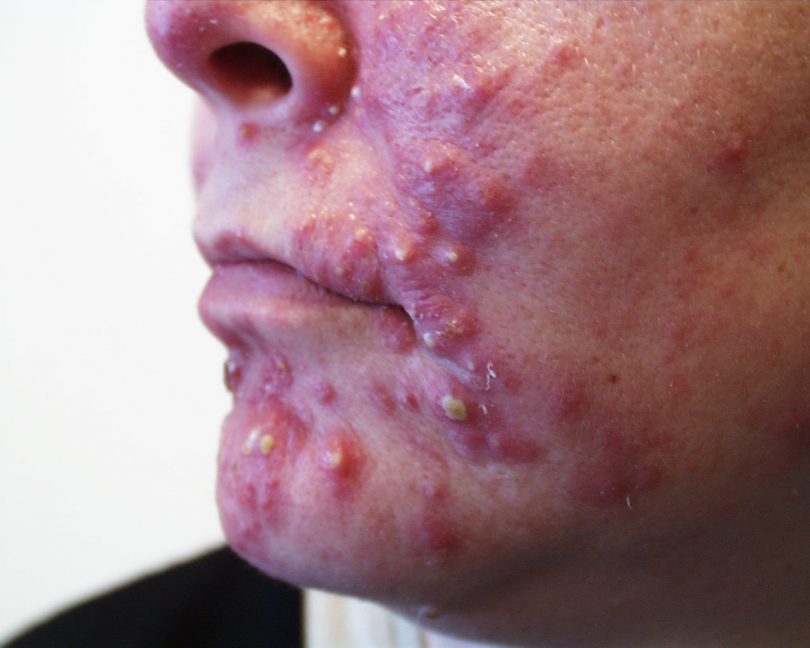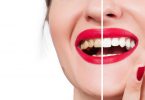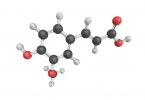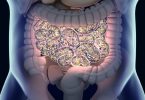Acne isn’t a serious disease, in that aside from potential scarring there are few other repercussions once the associated spots have faded. However, the psychological effects such as a lowered level of self-esteem and even depression are very real. If you suffer from acne it is possible that you will have spent hours wading through the many possible treatments, trying to discover which will really work to eradicate, or at least reduce, your condition. There are many different options available, and some are likely to work for some people and not others, but here are three acne treatments that work for the majority of individuals.
Introduce a balanced diet into your daily routine
Nutrition is important when it comes to reducing the severity of acne. Eat the suggested five portions of fruit and vegetables every day, and drink at least eight full glasses of water. These simple measures will provide your body with access to the vitamins and minerals that it needs, while washing away the toxins that could have a negative effect on your skin.
Food that is high in sugar or processed can be enjoyed within the confines of a balanced diet. However, too much and you will see the difference in your skin before long.
Consider natural remedies such as mint and oatmeal
The often circulated rumour that placing toothpaste on your skin, while soothing, is unlikely to do anything to help treat your acne. Mint treatments though, have often seen success. Get your hands on some peppermint leaves, crush them and apply the juice and leaf fragments that you are left with to the affected areas of your skin. Leave for ten minutes and then rinse your skin to remove the residue. Repeat this process every day and you could start to notice a difference soon.
You might feel strange applying oatmeal to your face, but many individuals have noted success with this method. Add water to your oatmeal and apply to the affected areas for fifteen minutes before rinsing.
Maintain hygiene at all times
Although there is no link between cleanliness and the initial cause of acne, a failure to maintain hygiene can certainly make the condition worse. Clean any affected areas regularly with water to help remove the build-up of the oils on your skin that could clog your pores, creating spots. You could also try to use a cleansing solution, there are many on the market specifically formulated to treat acne, to maintain the cleanliness of your skin.
Always wash your hands directly after touching an area of infected skin. The build-up of bacteria can be easily transported to your hands, and then to another area of susceptible skin. Try to avoid touching either inflammatory or non-inflammatory areas of acne at all to prevent its spread.
When it comes to finding acne treatments that work, you will need to discover what works best for you. Give each of the solutions listed here a go before dismissing them as unsuccessful, as it can sometimes take days, if not weeks, before the results may be seen. Stick to it though, and you are sure to discover something that works for you.
What Causes Acne?
The skin condition known as acne develops when hair follicles become blocked, allowing bacteria to build up within the pore and creating whiteheads or inflammatory lesions such as pustules. Although the manifestation of acne stems from the same blockage, the causes of the condition are many and varied. Often the exact cause of acne is never fully identified, but the following contributory factors may be linked to it.
Family history of acne
Despite the fact that scientists have never been able to pinpoint an exact genetic reason as to why acne tends to run in families, it is a commonly identified cause. If members of your family have faced the common skin condition, you are likely to find yourself more susceptible.
Puberty and other hormonal activity
The most common time for acne to flourish is during the teenage years, as a body goes through the process of puberty. During puberty an increase of male sex hormones has been identified, these hormones known as androgens actually cause the glands found at the base of follicles to become larger and to produce more of the natural oil, sebum. Women are also subject to acne during times of hormonal activity, such as during certain times of their menstrual cycle.
Stress
It is unlikely that stress alone would cause you to suffer from acne; however stress has often been identified as a contributory factor to the severity of the condition. This often produces a vicious cycle in those suffering with a severe case of acne, as the acne itself can increase the amount of stress a person is suffering from, thereby increasing the severity of the acne.
Diet
There is much speculation as to the different types of food that could make acne worse or better. While a diet that features many foods that are processed and that contains a lot of refined sugars could increase the severity of acne, there is little evidence to suggest that the occasional piece of chocolate will make matters worse. A lack of vitamin A and E has often been spotted in individuals suffering from acne, prompting treatments by doctors in the form of vitamin supplements.
Hygiene and cleanliness
A common misconception when it comes to acne is that it is caused by a lack of hygiene and cleanliness. This is not true by any means which needs to be identified to dispel the common rumour. Blackheads might look like dirt trapped beneath the skin, but in actuality the blockages within follicles simply give this impression. As there is no way to clean within a follicle, a lack of cleanliness could not be responsible for acne. It is recommended to wash areas of the skin with severe outbreaks of acne twice a day, which could help to remove excess oil that might otherwise cause additional blockages, but hygiene itself is not a reason for the skin condition.
These are just a few of the factors that can be linked to the presence of acne. While it is almost impossible to determine exactly why you may be facing this condition, being aware of some of the contributory factors can help you to make lifestyle changes to help to eradicate it as quickly as possible.
What is Acne? Your Questions Answered
If you are currently suffering from acne you should know that you are certainly not alone. This common skin condition affects thousands of people each and every year, and yet it is still commonly misunderstood. We are going to address some of the commonly asked questions when it comes to acne to help you to understand what you, or your nearest and dearest, are going through.
What is acne?
The full name of acne is Acne Vulgaris, Vulgaris meaning common; an apt description of a condition that affects many individuals in their teenage years. Acne is characterised by the multiple blackheads, pustules, nodules and more, more often referred to as spots. The areas most commonly affected are the face, upper chest and back.
On the surface of your skin are many pores within which hair follicles can be found, along with sebaceous glands close to the bottom of the follicles. These glands produce a natural oil known as sebum that, when working as it should, helps to protect the skin and to keep it flexible. As hair emerges from your pores, the sebum is also released to the area, helping to keep your skin healthy. However, occasionally a pore will become blocked, allowing bacteria to build up within it causing acne.
Who is affected by acne?
Acne affects more than 96% of teenagers, differing in severity from person to person. The most common period of your life in which you may be affected by it is between the ages of 12 and 25, although there are some records of children as young as 5, and adults as old as 50, still suffering. It is in the years of adolescence though that you can expect to find the most acute cases of acne.
Both men and women are susceptible to acne, but men will usually have to put up with the condition for a longer period of time. This has led to a belief that young men are more prone to acne, when in actuality they are just more likely to take it into adulthood.
Are there different types of acne?
There are two distinctive types of ‘spot’ that can be faced when suffering with acne; they are known as inflammatory and non-inflammatory.
Inflammatory acne will include the appearance of papules, pustules, nodules and even cysts. This is the better known form of acne, with nodules, for example, being lesions that are large and that can often last for several months, and pustules being itchy and painful spots topped with a yellow, pus-filled tip.
Non-inflammatory acne covers both whiteheads and blackheads. Whiteheads exist as small white bumps underneath the skin, and blackheads show as small black dots on the skin, caused by the hair follicle within the pore turning black after exposure to oxygen.
Will I be left with scars?
With inflammatory acne there is a risk of being left with scars, particularly in serious cases. However, taking simple measures such as eating well, cleaning regularly and avoiding picking at any spots, no matter how itchy they might be, will help to reduce the risk of scarring on your skin.







